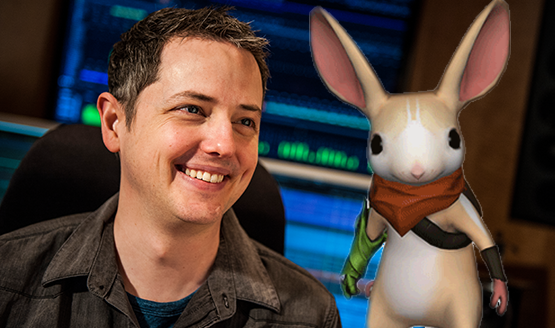Music is a powerful emotional tool. It can deliver a message, stir up an emotion, or evoke entire images. Iconic pieces of pop culture media are accompanied by music. If I say Jurassic Park, I’ll bet that most of you just started humming John Williams’ score to yourself (and if you didn’t before I mentioned the theme, you are now). Metal Gear Solid’s game over screen is synonymous with the musical stinger that accompanied it. Anytime I accomplish something I feel the desire to jump up and do the Final Fantasy VII victory theme.
Scientifically, our memory for sounds is far worse than that of imagery, so why do these particular themes stay with us? Science has shown that emotion can be one of the most powerful memory recalls humans have. A great piece of music instills an emotion tied with imagery and we distinctly remember things like Otacon shouting “Snaaaaaakkkkeee!” while “Game Over” streaks onto the screen and that iconic piece of music plays.
Moss beckons to a part of the soul that video games traditionally don’t, and it does so through powerful and dynamic music. That’s not to say they aren’t incredibly emotional games out there, but through the magic of VR, Polyarc managed to capture a sense of immersion and a kinesthetic bond with a tiny mouse hero. Where most games provide a sense of role playing, of becoming the character, Moss invites you to literally step into its world and become Quill’s guiding hand and friend. A large part of that was done through the amazing audio work by Audio Director Stephen Hodde and Composer Jason Graves, though the collaborative environment at Polyarc ensures that everyone shares in the credit.
Jason Graves and Polyarc released three tracks from the Moss soundtrack this week, including the haunting song “Home to Me” featuring singer Malukah that Graves says is the DNA of the rest of the soundtrack. In preparation for this release, we got the chance to ask the storied Graves about his work as a composer, writing music to VR, and what drew him to to Moss, Quill, and working with the Polyarc team.
PlayStation LifeStyle: You’ve worked on a lot of games, movies, and TV shows. How does your process for writing music differ between interactive and non-interactive media?
Jason Graves: There are two aspects to consider that make a difference between linear and nonlinear, or interactive and non-interactive music. The first would be implementing the music in the best way possible so as to underscore the emotional core of the game as the player is experiencing it in real-time. The second would be keeping it as varied and non-repetitive as possible. These are truly nonlinear, interactive concerns since movies and TV are a very traditional, linear format.
Moss is a VR game, and you’ve worked on a few other VR projects. Does virtual reality change how you approach writing the music for a game?
There is definitely a third aspect during the creative process when writing for virtual reality. This really has to do with the spacial placement of music in the 3D field, particularly if you are using something like diegetic music. It could also apply if the music is an essential part of the gameplay, such as a music-based game or something which has musical instruments that you interact with in a virtual world. Of course, it can also be implemented the same way it would in a non-VR game. Ultimately it has everything to do with the content of the game, its overall aesthetic and the role that music plays to support the gameplay.
In Moss, a large part of the charm comes from Quill’s connection to the player. How did you capture that emotional bond in the music?
In a way the music wrote itself…anyone who plays the game will instantly fall in love with Quill. Polyarc worked hard to make that emotional bond feel natural. My job was to simply score the game from Quill’s perspective.
Moss is a grand adventure at a miniature level. What techniques did you use to elicit the feeling of a tiny, yet grand adventure?
I wanted to make sure the music seemed as alive and real as the amazing characters and environments Polyarc has created. I also love the sense of scale and space the player experiences in a VR world that has been given so much loving detail. So my first thought was to use instruments that would convey Quill’s size – all very small yet dynamic instruments capable of many different kinds of expression – violin, flute, oboe, and harp.
How closely did you work with Polyarc during the development of Moss while writing the soundtrack?
Very close! We had many meetings and lots of brainstorming both in person and over the phone. I definitely spent most of my time with Stephen Hodde, the audio director, after my initial on-site meeting with Polyarc. We passed ideas back and forth, including music and sound effects snippets, and really spent time trying to find the best aural backdrop for such a grand adventure.
How do you make sure that the music meshes well with the other sound effects in the game?
That’s something that can only be done in cooperation with the audio director, Stephen Hodde in this case. If he had any sound effects he was working on before I started the music he would send them to me and I could get a very real sense of what the Final Mix would sound like. I did the same, and I know there were times where he pitched the sound effects to be in the same key as the music. And I did the same with the music if I heard the sound effects first. It’s amazing how easily things can mesh together when something as simple as that is done ahead of time.
What drew you to Moss as a project you wanted to have in your credits?
I’m a huge animal lover and have quite the extensive farm. I was instantly taken with the world of Moss, even from the very beginning when only given a few sketches of some of the characters. The more I discovered of the world, the more I knew I had to be part of it.
Moss takes players on a rollercoaster of emotional moments and interesting locations. How did you create a different musical feel for each moment and area while maintaining a tying theme for the game’s music?
I approached the idea of the score feeling more like a through composed piece of music and less like short cues being triggered on and off, up and down, in a very noticeable way. So I wrote six or seven-minute long suites of music that went with each chapter in the game. Sometimes the levels were partially finished and other times I would only get descriptions and artwork. Regardless, I had a thorough backstory and character arcs under my belt and wrote a piece of music that felt inspiring to me and covered the emotions that we all knew would take place during that chapter. I would then deliver the music as individual instruments and Stephen would have control and be able to place them wherever it felt appropriate
Are there any interesting or unconventional sounds, instruments, or recordings that you used or made while writing and recording the Moss soundtrack?
Nothing terribly unconventional, though it was the first soundtrack I was able to play my Hammered Dulcimer on! I bought it 4 years ago, hoping that something would come around and feel like the right time to use it. Actually, now that I think about it, the same thing goes for my ukulele. I guess that could be seen as unconventional, given that people don’t normally think of ukulele when they think of the woods, forests, or mice for that matter.
The end of Moss not only leaves things open, but almost directly implies there will be another game. Is that a project you’d want to come back for, and how would you approach evolving the music you already did in Moss for the next game (assuming there is one)?
This is has been a truly epic journey for me in every sense of the word and I would love to dive back in and pick up where we left off. Honestly, I can’t say how I would approach anything given that so much of my inspiration comes from the game itself. I would definitely have to see how the story unfolds and would love to learn what Quill does next.
We’d like to thank Jason Graves for allowing us to take some of his time to talk about the Moss soundtrack. Next week we’ll have an interview with Moss Audio Director Stephen Hodde about the immersive sound design that went into the game. If you own a PSVR headset and haven’t yet picked up Moss, our review tells you why it’s the PSVR game you need to play right now. If you have yet to jump on board with PlayStation VR, Sony just dropped the price by $100, so there’s never been a better time to pick one up.
PSVR Games Needed
-
PlayStation VR Spin-offs That Need to Happen
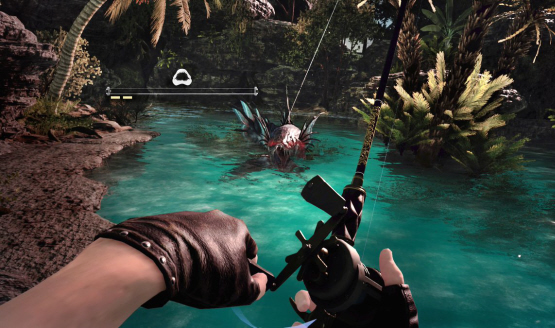
-
Destiny 2 Sparrow Racing VR
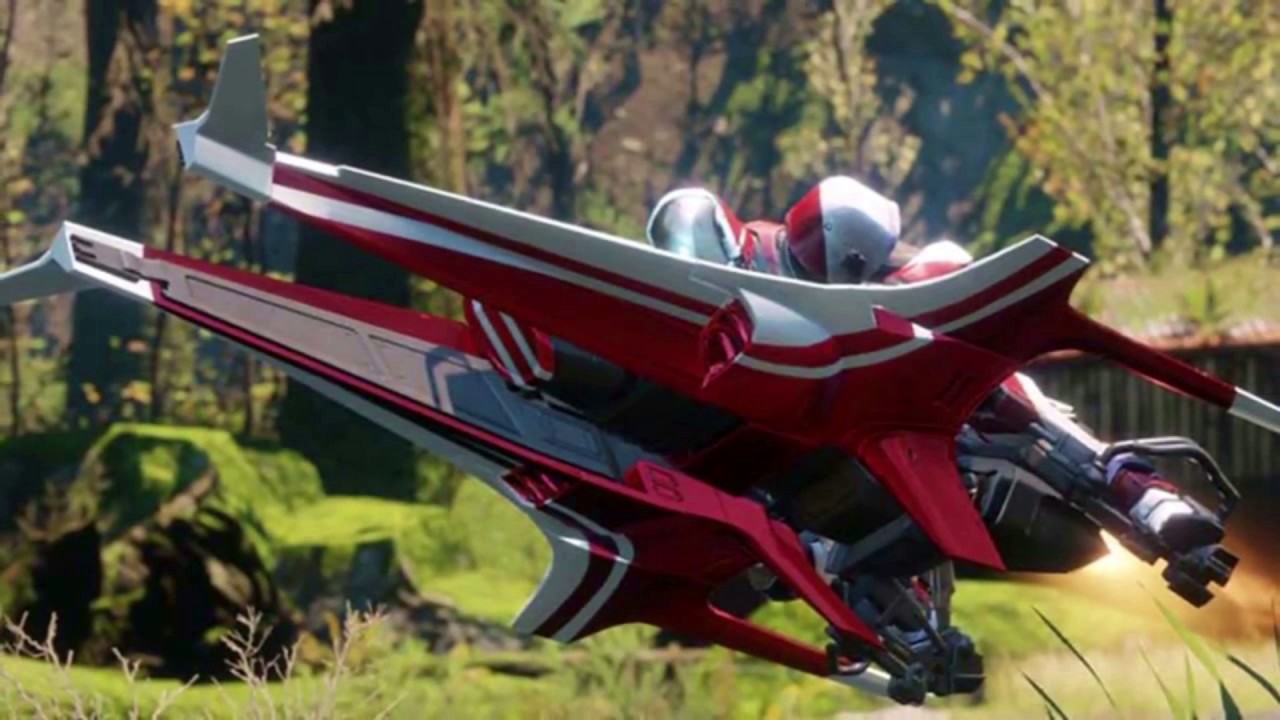
All you Destiny people should love this one. Imagine being able to trick out your Sparrow and take it to the tracks. Racing could happen in VR against the CPU or online.
-
Danganronpa Trails
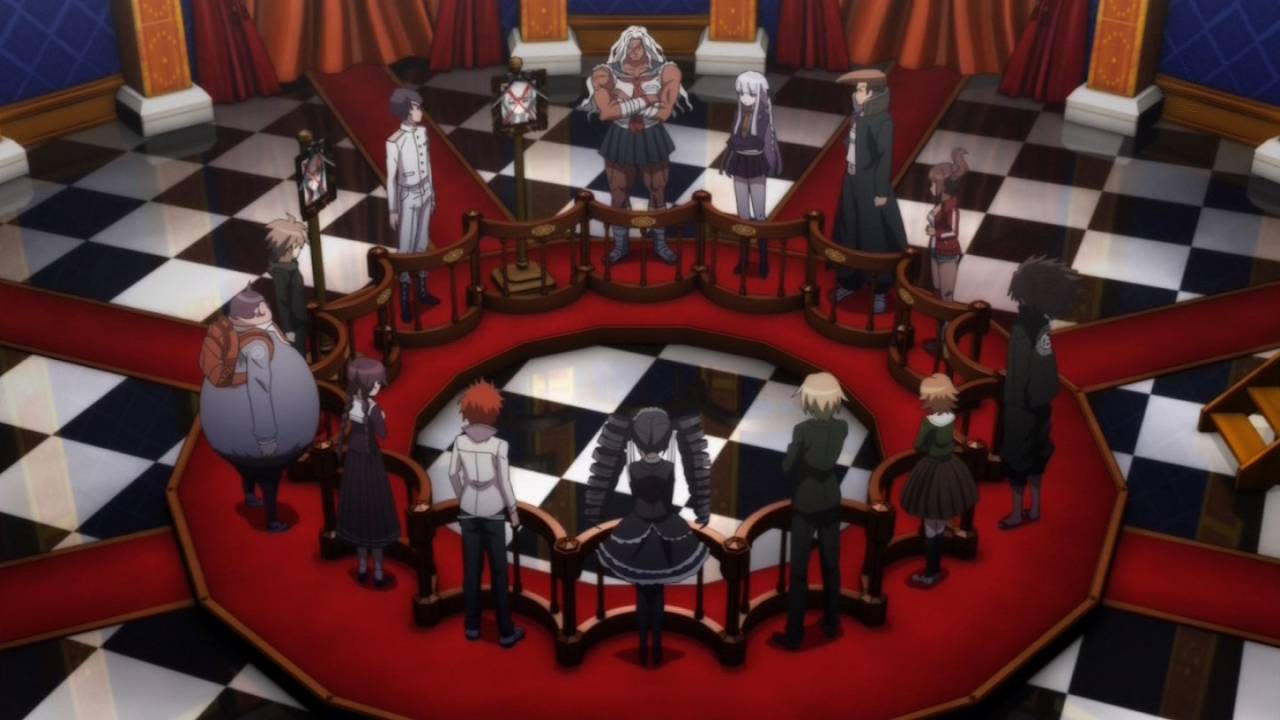
Spike Chunsoft have already proven they can make a pretty awesome VR experience with Danganronpa, but the the demo currently available on the PlayStation Store is far too short! I want an entire game of interacting with everyone from the games and undergoing the intensity of the class trials from an immersive VR perspective. If you don't know what I am talking about, go play the Danganronpa VR demo and tell me you wouldn't want a full experience out of that.
-
Dark Cloud Town Builder
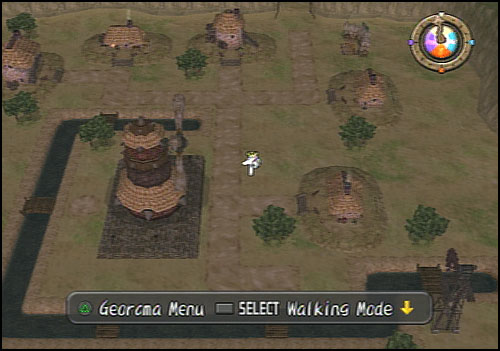
Dark Cloud was a very unique game for its time, combining dungeon crawling with the building of a town. That town building aspect could be great with a VR element, allowing you to both view the game from a god perspective, and shrink down to walk around the town yourself, much like the actual game of Dark Cloud allows you to do. This idea is inspired by Dino Frontier, and the way you can pinch-to-zoom, making the world micro or macro.
-
Everybody's Golf VR
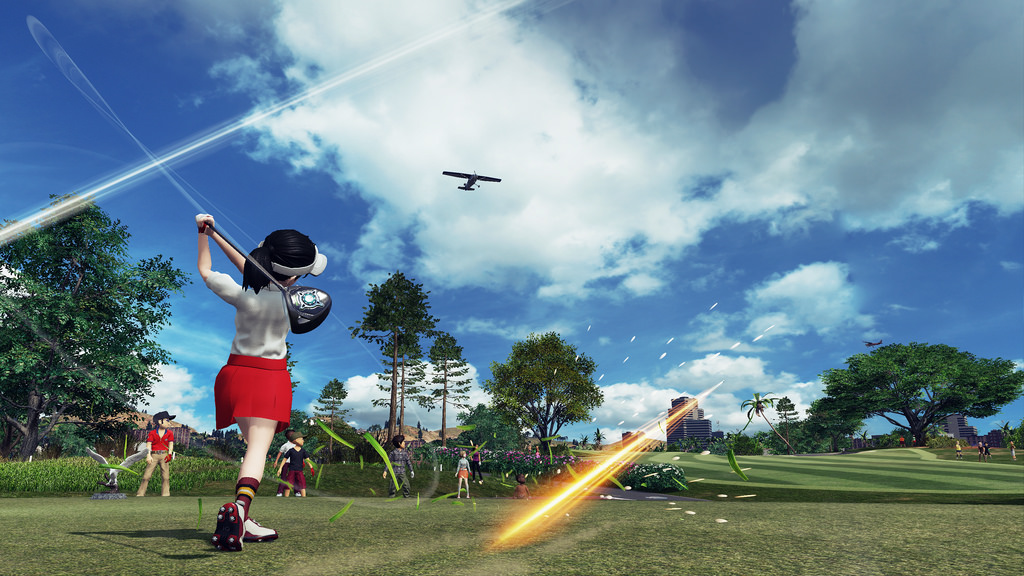
Clap Hanz has already made an extremely good golf game but imagine if you could play 9 or 18 holes in VR. It'd make the feeling of making a hole in one all the more satisfying.
-
Farming Simulator VR
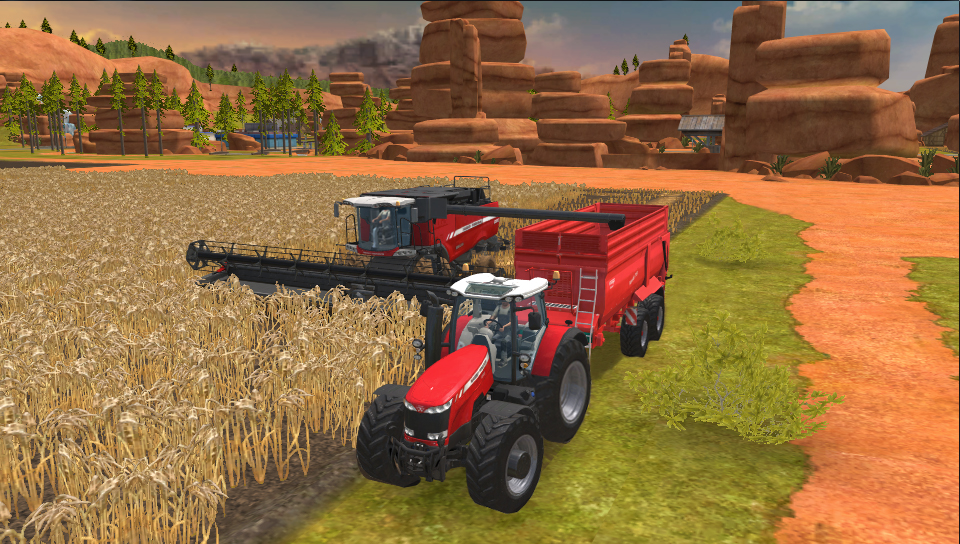
Hop in that plow, drive up and down your fields, and gather all your crops while in VR.
-
Quidditch VR
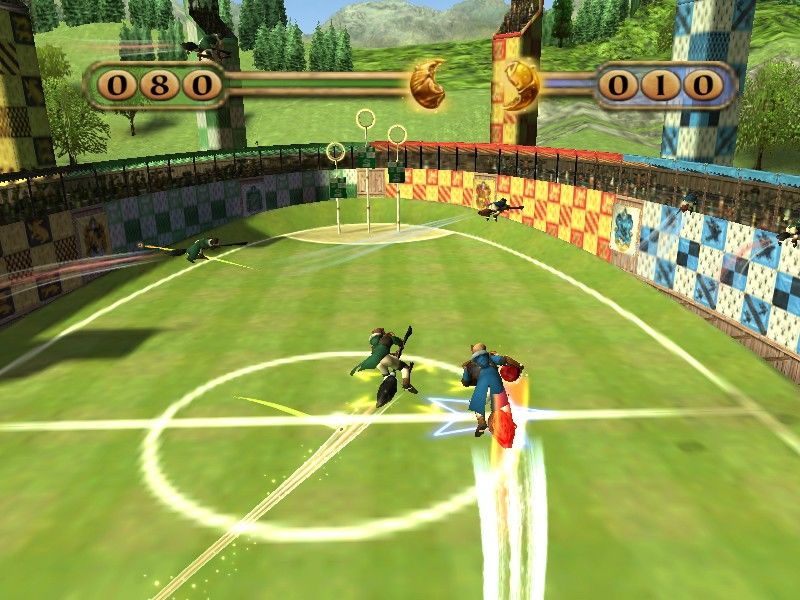
Pick your house, select your position, and get ready to take it to the other team in a fast paced game of quidditch, in VR!
-
Persona 5 VR Cafe
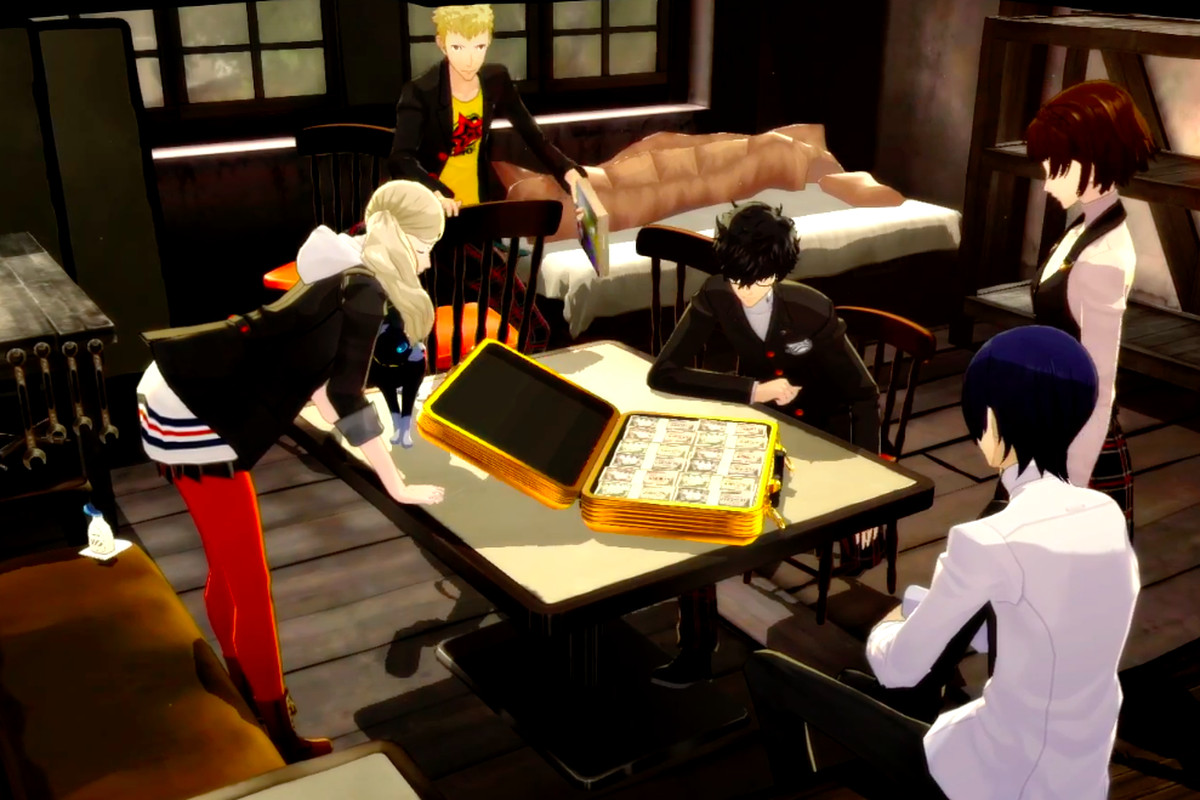
Imagine a VR cafe where you made coffee and food for the patrons and also spent time upstairs building tools and decorating your room. All while interacting with the great characters from Persona 5, and I guess Ryuji can be in it too.
-
Rocket League Spectator VR

This one might not win you over right away, but just imagine other people watching this explosive game from a new perspective similar to Sparc.
-
SAW Puzzles VR

SAW provides the perfect opportunity for players to be scared to death in VR while racing against the clock to get out alive.
-
Sherlock Holmes VR
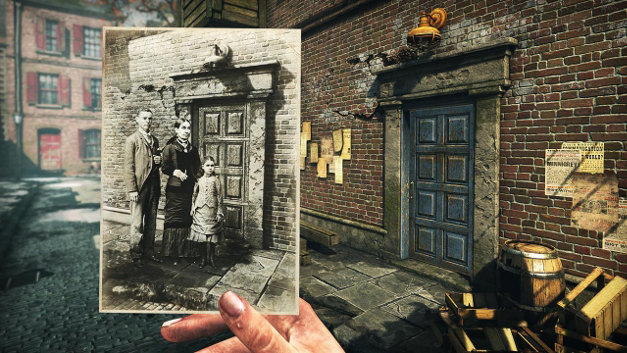
Solving cases with your smarts and a VR headset could be a match made in heaven.
-
Street Fighter V Car Punching
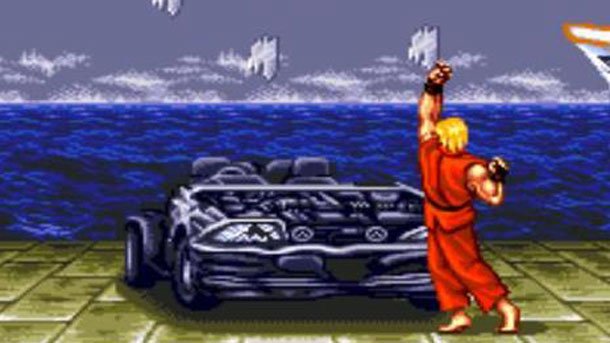
Bringing back an oldie here, but just imagine the workout and stress reducer you could have by punching a car over and over again? Just make sure not to get too carried away so you don't wreck your living room!
-
Suikoden Castle Management
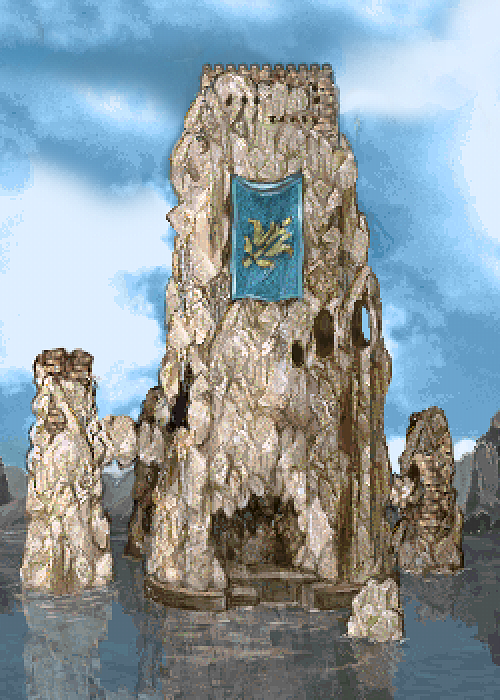
I had to throw this one in here. Think back to the castle aspect of the Suikoden series, and now allow players to grab the VR headset and take part in activities at the castle, decorate it, and interact with the many colorful characters.
-
Thief Pickpocket VR

Sneak around in the dark and pick pockets or lock pick doors in this dark, thrilling robbery in VR.
-
Yakuza Hostess Clubs
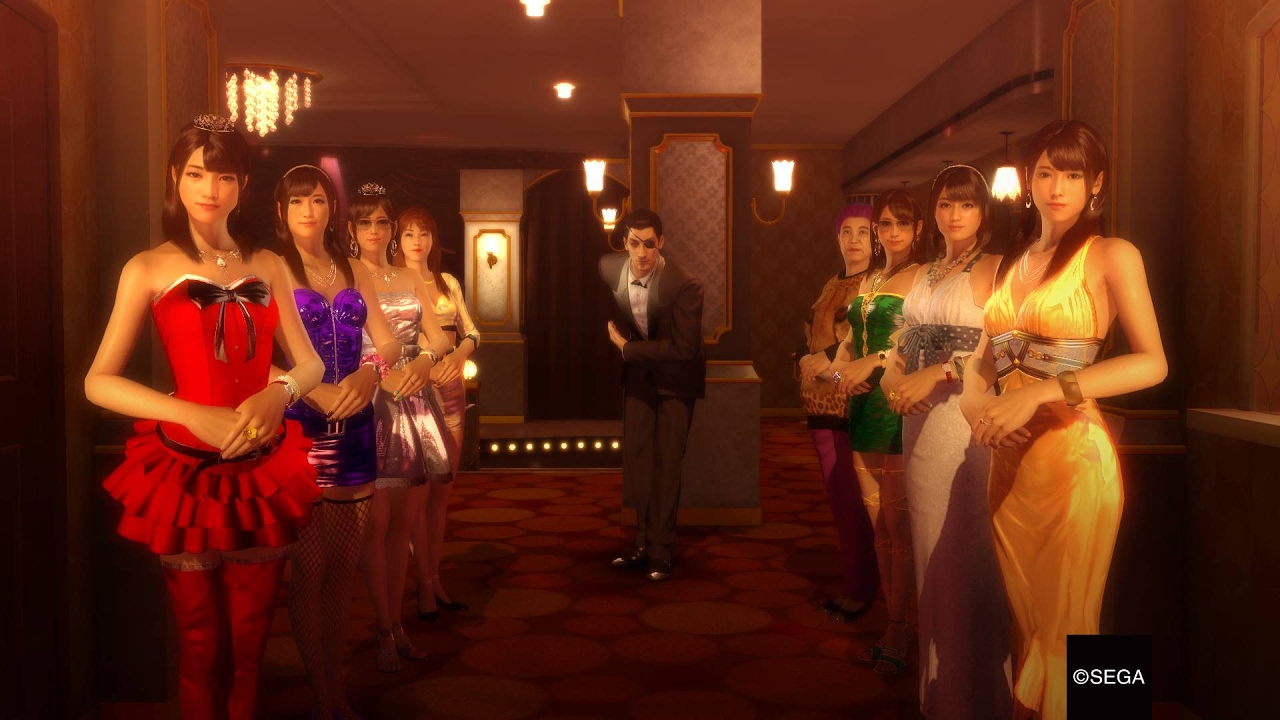
This one is just too easy. I really only need to say Hostess Clubs in VR to convince you.
-
Zero Escape VR Rooms
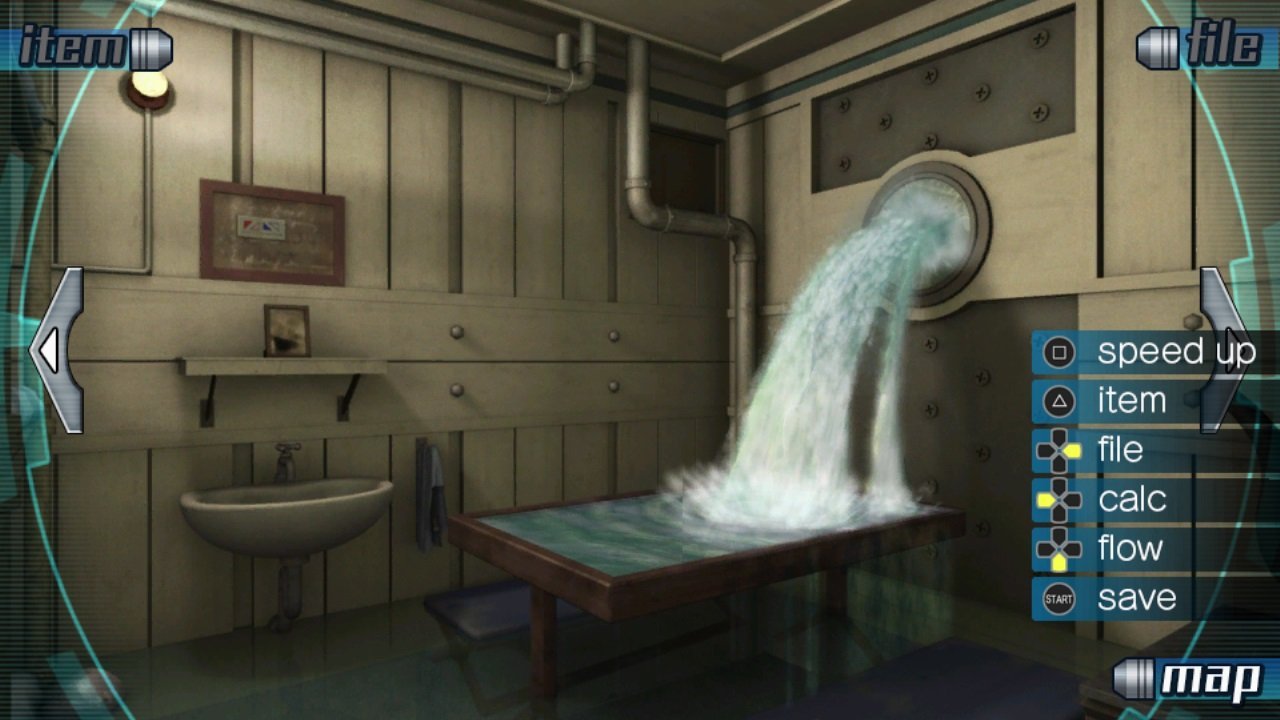
Escape rooms have become a popular activity, and it'd be a perfect fit for VR. Solve puzzles and make your way outside.
